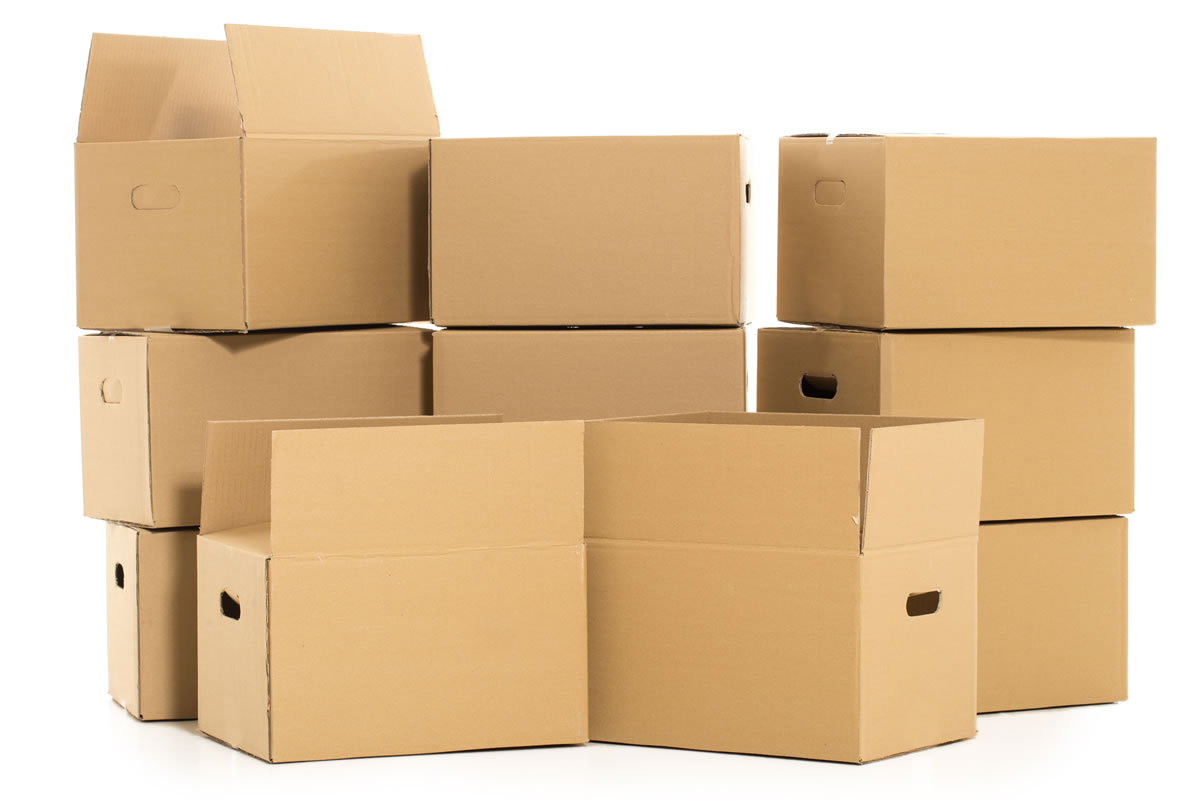
Cardboard is one of America's most recycled textiles. It is an excellent material for recycling because it is made from paper. Many kinds of cardboard, including containers, tubes, and packages, can be recycled, reused, and repurposed. Nevertheless, oil or grease-contaminated cardboard materials, like pizza containers, are not suitable to be recycled. Our specialists on cardboard and paper recycling in New Jersey offer the following advantages to recycling this common material:
We can use recycled cardboard for many different purposes, like paperboard, tissues, paper towels, and cereal containers.
Recycling is a labor-intensive procedure that requires a large number of actions, including logistics, sales, management, processing, sorting, and collection. In turn, cardboard recycling produces many job openings, adding to economic growth and resilience.
Recycling as much cardboard waste as possible is essential because the process saves many trees. Cardboard can be reclaimed 5 to 7 times before fibers are too short to be reusable on their own. Consequently, it helps protect forests and the animals within them and stops deforestation. In addition, preserving trees is highly beneficial to enhancing oxygen levels and contributing to beneficial ecosystems.
Cardboard recycling conserves a large amount of energy. Manufacturing virgin materials require much higher energy levels because more labor is needed to produce them. Recycling existing cardboard is an excellent way to save energy.
You reduce the number of greenhouse gases ejected into the atmosphere by recycling cardboard rubbish instead of sending it to a landfill. When cardboard goes to a landfill, it emits methane into the air as it is broken down. This emission is taking a dangerous toll on the earth's climate. However, when you reclaim cardboard, you heavily decrease the greenhouse gasses ejected into the environment.
One of the most important benefits of cardboard recycling is that it drastically reduces the volume of waste sent to break down in landfills. Landfill sites are infamous for being harmful to the regional and
global environment via water and air pollution. So, recycling cardboard means less of the material ends up in landfills, lowering the damaging effects on the environment.
Creating cardboard from wood materials demands the use of a massive amount of water. On the other hand, recycled cardboard has already been processed, meaning far less water is needed for producing virgin cardboard materials. So basically, when you process recycled cardboard textiles, you are helping to save 7000 gallons of water with each ton of recycled cardboard.
These are just a few of the advantages of recycling cardboard. Luckily, cardboard keeps value for longer than assorted other commodities and can be fully broken down. This makes it easy to haul, bale, and store. For individuals just starting out with recycling, cardboard is the ideal place to begin. Contact us today for more details on cardboard and paper recycling in New Jersey. We want to help make your home or business more sustainable and eco-friendly!